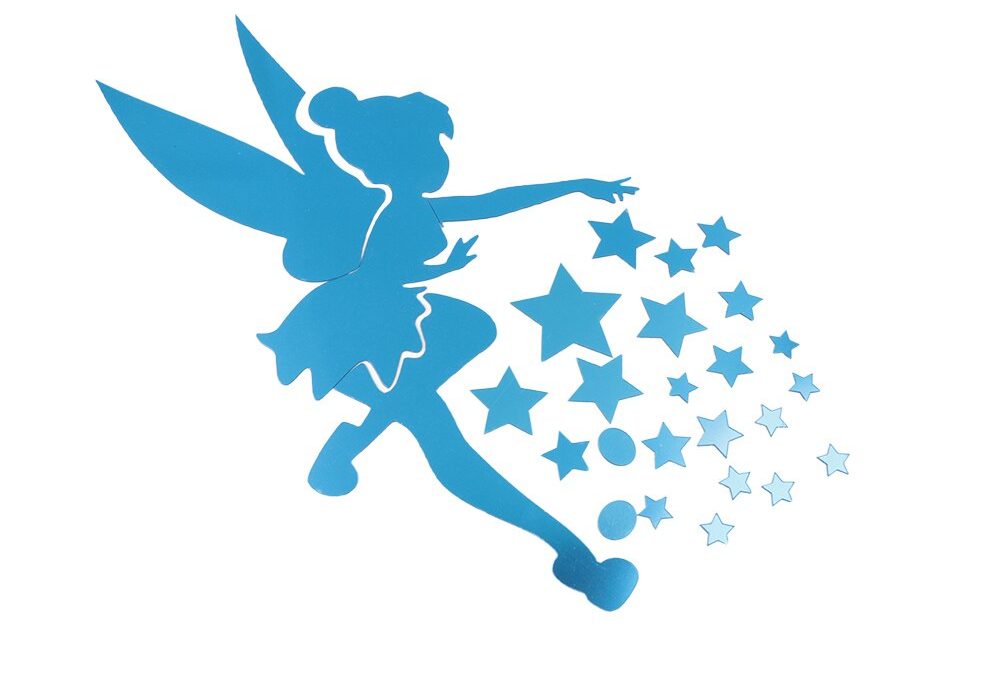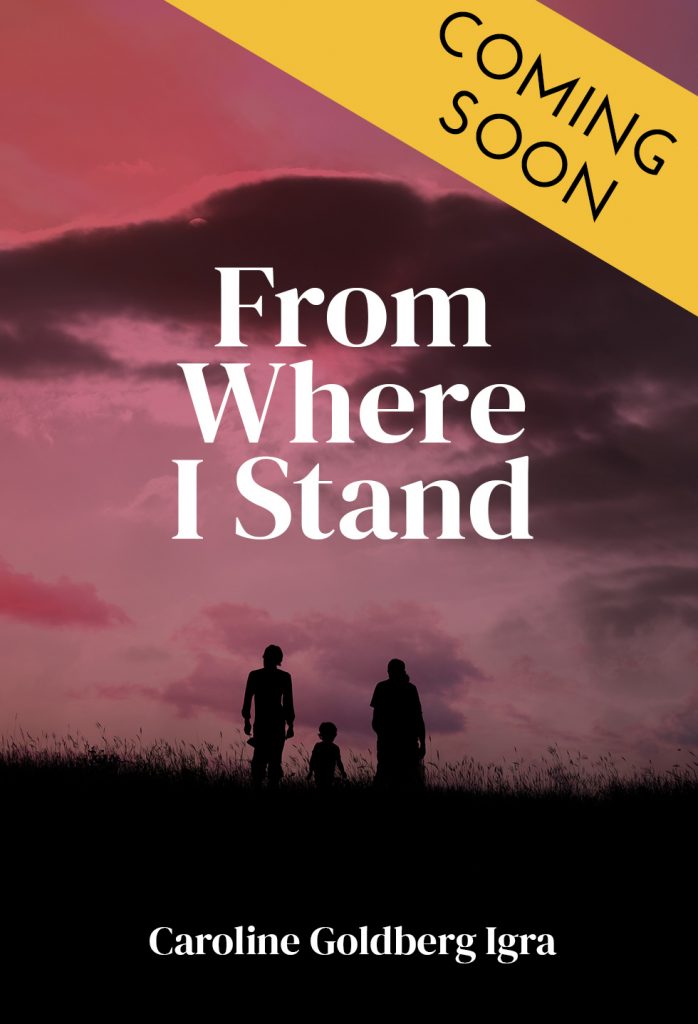Most of us do whether we realize it or not. Living in a world without superheroes, princes and princesses, angels, wish-granting genies and fairy tale endings would just be too harsh and one dimensional. Furthermore, it’s precisely through stories and fables about make-believe worlds with flying carpets, frogs that turn into real live princes, friendly winged-dragons ready to whisk us off to safety and wish granting genies that we’re taught, as children, that we can achieve the unachievable, conquer the unconquerable. How many of us didn’t ache to hop on the train that led to Mr. Rogers’ Neighborhood of Make-Believe. Our belief in the unbelievable is precisely what allows us to dream our own dreams, reach for our own stars and aspire for things that are just out of reach.
When the helicopter carrying Kobe Bryant and eight others went down a few days ago, I joined millions around the world in grieving. I plunged into a funk I couldn’t manage to shake off. The claim, from several of my more “grounded” friends that, although terribly sad, it hadn’t been quite worth the attention it received world round, got me thinking about why I, and many others, had taken this particular loss so hard; about why I was moved to see the lights illuminating many Philadelphia monuments changed in Lakers’ purple.
The truth is, I’m not especially fond of basketball. It’s probably one of the only sports that I’ve never followed–something to do with the difficulty I had learning to dribble back in Girls’ Gym at Germantown Friends School in the 70s. But that, apparently, has nothing to do with my fascination with this particular legend. Kobe hails from Philadelphia and, in the City of Brotherly Love, we are nothing, if not faithful, sometimes even fanatical, fans. It was impossible to resist his charismatic personality, his superhuman athletic abilities—the man absolutely defied gravity–and his presence, both on and off the basketball court. His devotion to educating, during and most definitely after his career with the Lakers—that last fateful trip en route to coach the girls’ Mamba basketball team–inspiring youngsters all across the US and possibly even the globe to strive more, to be the best that they could be, to love and respect the beautiful art of the game, any game, can only be admired. It is impossible not to mourn his loss.
But the world reaction to his death has more to do with his status as superhero, joining the ranks of others who have managed to amaze, to inspire wonder; those who have worked magic before our eyes and, accordingly, attained our capacious adulation. Our need for superheroes, for individuals who somehow seem bigger than life, manifest in a fascination bordering on obsession, extends well beyond athletic greats. Royalty have somehow, despite for the most part having lost much of their power as rulers long ago, gained a similar status. The latest fascination with Harry and Meaghan, at root just a young couple who’ve decided to break from their family and make their way on their own in the world and with Andrew, a young man with terrible judgment and worse behavior, all boils down to their position in the royal kingdom. We can’t get enough of them, raking their actions over the coals as we watch them crash and burn. We never consider applying normal, human standards to their behavior as they are, most definitely, not a part of our world. Belonging to that of fairy tales with golden carriages, jeweled crowns and happily ever after, they’re forever held above and beyond all normal, human criteria. It’s not for nothing that Kobe’s death brought back that of Princess Diana, so many years ago—another superhuman, larger than life, struck down tragically too soon whose death continues to haunt us.
Our incredulity, shock, horror and distress over such tragedies are all part of a desperate need to believe in the divine; to believe that there are those who exist beyond the strict boundaries of our own, quite ordinary, lives. These days this need has become almost hysterical; offering a way to cope with nitty-gritty realities that are completely unbelievable besides being, in many cases, undesirable. Our need for heroes, superheroes, royalty that doesn’t necessarily wear a crown, is as great as our need for oxygen–providing an escape from the untenable reality in which we are mired: indicted individuals running countries; cruel dictators with unchecked power; the complete denial of global warming despite obvious proof of its existence; casino moguls becoming world leaders; entire continents burning out of control; Lady Liberty turning her back on the tired and the poor; institutions of sanity and justice becoming playgrounds for the overindulged; convicted felons escorted like royalty; a democratic nation that can’t manage to elect a prime minister; the implementation of a peace agreement that has been outright rejected by one of the relevant sides. While writing this blog, I made a list of all those things my father, now gone almost eight years, simply wouldn’t believe. There is no end.
If we don’t believe in magic, in the possibility of miracles and the existence of the unimaginable, how will be ever be able to take the enormous leap of faith needed to eventually attain peace in the Middle East; to work for an end to sexual and racial discrimination, religious persecution and poverty–as Don Quixote said, “to dream the impossible dream.” And much closer to home, how would we ever fall in love, crown our children princes and princesses and place our spouses on pedestals without the absolute faith in the divinity and magic of their existence in our lives. Granting superhuman status to certain individuals, based on the way they lived their lives, their contribution to others or their incidental birth into a royal or famous family, goes hand in hand with a receptiveness to hope and crazy dreams. I admit it, I’m a believer.


